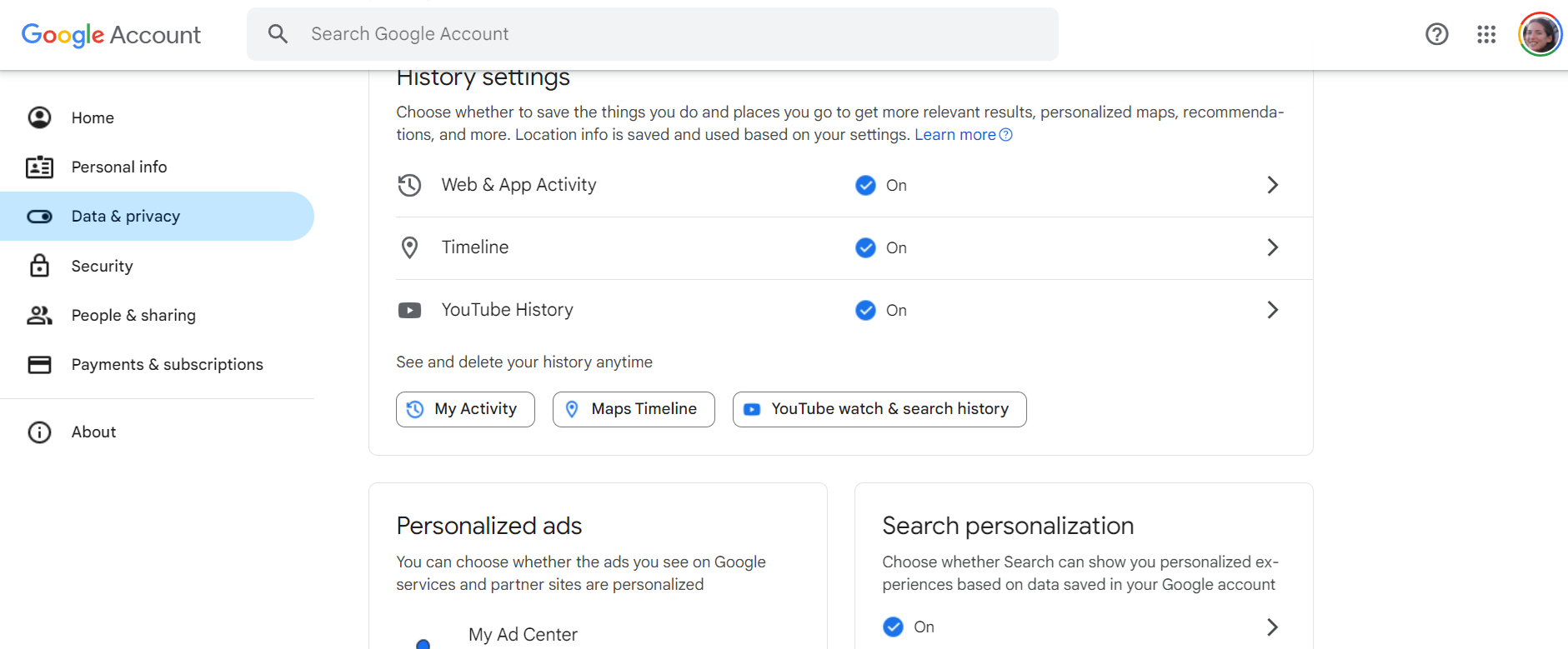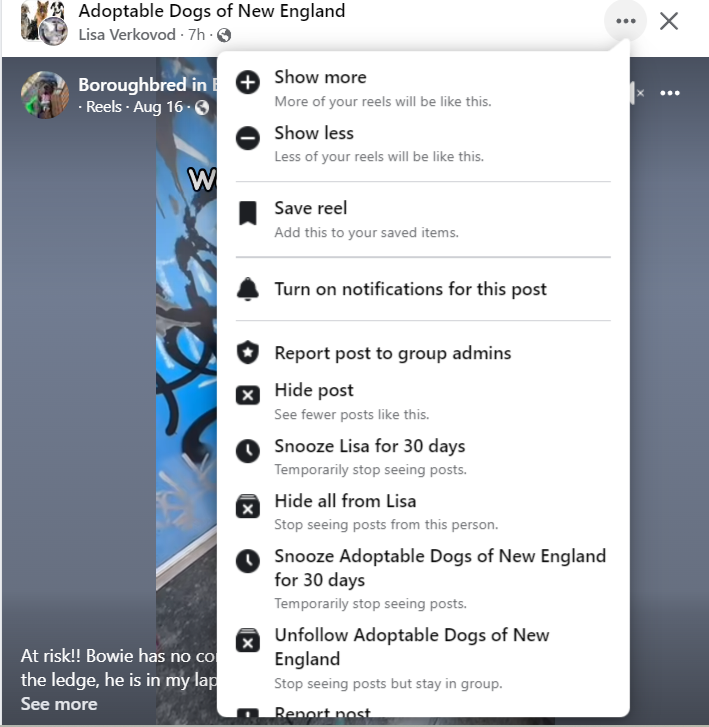What does a world where you pay with data vs. money look like?
Over the past two decades, many services, including content platforms, social networks, and search engines, allowed consumers to trade their personal information – whether given voluntarily or unknowingly – to access services.
This data fuels ad platforms, manifesting in search results, social media ads, and more.
Yet, as we march ever onward (despite the enduring third-party cookie) toward the privacy-first world, consumers will begin to feel the impact of choosing privacy over personalization.
The Illusion Of Free Services
Brands, intentionally or not, created an assumption certain services and content are free. However, this is simply untrue.
What might seem free is actually paid for with non-monetary currency. In the privacy-first era, individuals who choose to withhold their information or not consent to share data will receive less personalized experiences and limits to content.
Brands that don’t communicate the need for consent to their customers may face backlash at decreased quality. On the other hand, brands that aren’t transparent about data collection risk negative brand sentiment and fines.
We’re going to dive into:
- Core services people expect for free.
- Emerging paid alternatives.
- Adoption rates.
While there isn’t a clear answer for everyone, this should hopefully provide a framework to find the best answer for you and your consumers.
Online Services: The Trade-Offs
We’ll focus on online services, avoiding real-world examples where access to benefits might involve data sharing.
Service 1: Searching The Web
“Googling” something is synonymous with finding information online. Google’s primary revenue source is its ad platform, which relies heavily on user data.
Google collects vast amounts of data from user searches, profiles, YouTube habits, Google Wallet transactions, and email content.
Although Google claims not to share or associate this data with individuals, they undeniably have access to it.
Until recently, users had no choice in sharing their information while searching online. Third-party cookies and IP addresses relayed this information, feeding the ad ecosystem.
With the General Data Protection Regulation (GDPR), California Consumer Privacy Act (CCPA), and other regulations, the viability of taking this information without consent has become taboo.
Google now faces a challenge: its users are accustomed to free services, but without data to fuel ads, alternative payment methods are necessary.
Google offers paid services like larger storage for Gmail and Google Photos and ad-free YouTube subscriptions. However, search result pages still contain ads, needing monetization from searches.
From a consumer perspective, sharing data with Google enhances the user experience.
A profile with decades of data yields highly relevant results with fewer ads. In contrast, searches on incognito or secondary profiles may result in more ads or less relevant results due to limited data.
In the above example, the results seem to run counter to the search [building a computer for under $3000].
However, because I’m logged into my profile, Google can see what my purchase patterns and content consumption look like.
I’m not the type of person who is going to build a computer. In the end, I bought a great prebuilt computer for $1,500 that happened to be one of the ads shown to me.
 Screenshot from Google, August 2024
Screenshot from Google, August 2024Consumers must decide between a better experience by sharing data or a more private, potentially less efficient experience. Testing searches in incognito versus a logged-in profile can highlight the differences.
Service 2: Social Networks
Social networks epitomize the data-for-service trade. Users share personal information with platforms like Meta, Instagram, TikTok, Pinterest, and Snap to connect with friends and family.
However, this data also feeds ad platforms targeting and bidding rules.
Consider what information you’re willing to share. For example, as a dog lover, I see numerous dog-related ads and charitable causes in my feed.
Similarly, searches around weight gain result in ads for supplements and non-alcoholic beverages.
This shows that both on-platform behavior and external signals influence ad targeting. The danger of this is that it’s hard to “fix” the algorithms without directly sharing this input.
 Screenshot from Meta, August 2024
Screenshot from Meta, August 2024If you’re not willing to share which content you want to see more or less of, you risk only getting information from certain content producers. Additionally, ads will be hyper-focused on what seems to be important in your feed.
Social networks primarily monetize through ads, making an ad-free experience impractical for most. Exclusive platforms like Clubhouse or paid services like Discord’s Nitro offer alternatives.
Discord, for instance, allows supporting servers without forcing users to share personal information, contrasting with the personalization of platforms like Facebook and LinkedIn.
Paid Alternatives And Their Adoption
As consumers become more privacy-conscious, alternative paid services are emerging. Let’s examine some of these alternatives and their adoption rates.
Subscription-Based Search Engines
Search engines like DuckDuckGo and Perplexity offer privacy-focused alternatives to Google. DuckDuckGo, for instance, does not track user data and relies on affiliate links and ads based on search terms rather than user profiles.
Perplexity, on the other hand, offers an ad-free subscription model, providing an enhanced search experience without compromising privacy.
While these alternatives are growing in popularity, they still represent a small fraction of the market compared to Google. Privacy-conscious consumers are willing to pay for a better experience, but mainstream adoption remains limited due to the convenience and familiarity of Google.
Premium Social Networks
Exclusive social networks like Clubhouse and Discord Nitro offer ad-free experiences and additional features for a fee. Clubhouse, an audio-based social network, initially gained traction through its invite-only model, creating a sense of exclusivity.
Discord Nitro provides enhanced features such as higher-quality streaming and increased file upload limits.
These premium services cater to niche audiences who value privacy and exclusive content. However, they face challenges in achieving widespread adoption due to the dominance of free platforms like Facebook and Instagram.
Balancing Privacy And Accessibility
As consumers navigate the digital landscape, they face a fundamental choice: share personal data for free services or pay for privacy and quality.
This decision impacts not only their online experience but also the broader economy of digital services.
The Consumer Perspective
From a consumer standpoint, the choice between data and money depends on personal values and priorities. Some users prioritize privacy and are willing to pay for ad-free experiences. Others value convenience and are comfortable sharing data for free access to services.
For instance, privacy-focused individuals may opt for subscription-based search engines and premium social networks.
They are willing to invest in a better experience, even if it means paying a monthly or annual fee. On the other hand, users who prioritize cost savings may continue using free services, accepting the trade-off of targeted ads and data collection.
The Business Perspective
Businesses must adapt to changing consumer preferences and regulatory landscapes. They need to balance monetization strategies, offering both free, ad-supported services and premium, data-free alternatives.
This dual approach allows them to cater to diverse consumer needs while maintaining revenue streams.
For example, Google continues to offer free search services supported by ads but also provides premium options like YouTube Premium and Google One.
Similarly, social networks like Facebook and Instagram rely on ads for revenue but explore new monetization models to address privacy concerns.
The Future Of Digital Payments
The future of digital payments will likely involve a combination of data and money, with consumers having more control over their information.
As technology evolves, new payment models and privacy-enhancing technologies will emerge, shaping the digital economy.
Emerging Trends
- Microtransactions: Microtransactions and pay-as-you-go models could enable users to pay for specific services or content without committing to long-term subscriptions. This approach allows for greater flexibility and personalized experiences.
- Data Ownership: Consumers may gain more control over their data through data ownership and monetization platforms. These platforms could enable users to decide how their data is used and earn rewards for sharing it with trusted parties.
- Enhanced Status Quo: While this isn’t ideal, consumers and content creators may decide that they just don’t want to shift away from the current model, and if enough consumers are willing to share their data, “free” content and services will continue to use ads for monetization.
Final Takeaways
As consumers, we must decide whether to share our information for a better experience or pay for privacy through potential quality lapses or out-of-pocket.
As businesses, determining how to charge for services and valuing customer data is crucial.
By embracing new payment models and privacy-enhancing technologies, we can create a more balanced and equitable digital economy.
This shift will empower consumers to make informed choices and allow businesses to innovate and thrive in an ever-evolving landscape.
More resources:
Featured Image: Accogliente Design /Shutterstock

